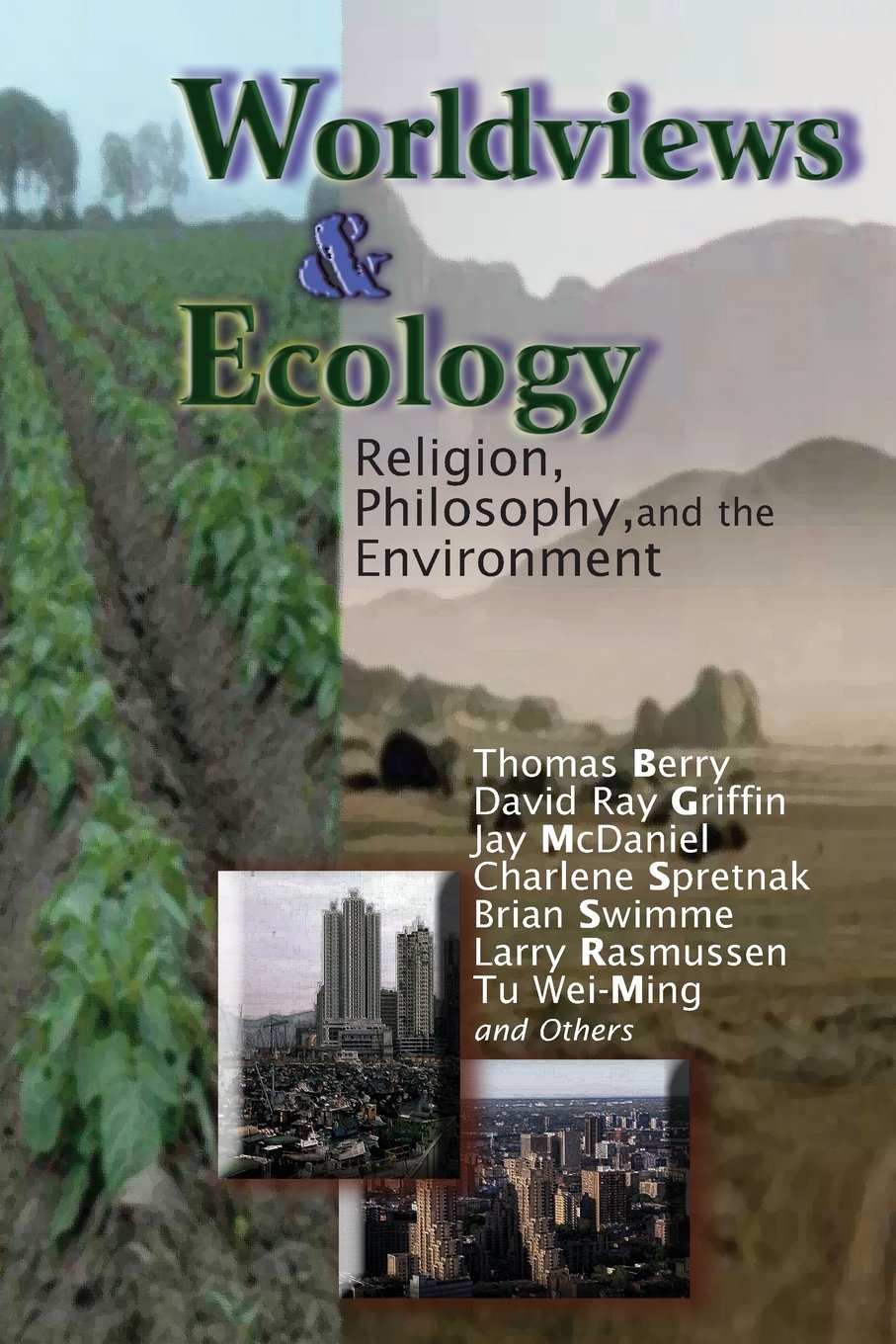Sociology, Environmentalism, Globalization, Steven Yearley, SAGE Publications, 1996, pp. 161, ISBN 0-8039-7517-1
It’s commonly held that the environmental issues we face are global in scale, sparing nobody and leaving no forest or ocean untouched. Merely looking at the names of organizations, movements, panels, forums, and pronouncements gives a clear indication of how our current predicament is perceived. There are “Friends of the Earth,” or “World Wildlife Fund,” various United Nations forums and intergovernmental organizations claiming to work to remedy the problems. Most recently, their work came together with the signing of the Paris Climate Accords, adopted in 2015, which obliged the signatories, among few other things, to work to keep the increase of global temperatures “well below” 2°C. The degree continues to be held as the target, and one is reminded of it by any person or organization seeking to be perceived as environmentally minded.
However, one has to wonder, how did countries, each facing a particular set of environmental problems, agree on that number? The universal nature of it implies that even if the world succeeds in abiding by it, the low-lying country of Bangladesh with its propensity to devastating flooding will evade the disaster just as much as, say, Switzerland will. This is, of course, not the case. As researchers have shown, global warming of a maximum of 2°C will impact different countries differently. For example, it has been shown that at that temperature, roughly 37% of the world’s population would face extreme heatwaves every five years, with India and Pakistan suffering one annually. Millions would face droughts and the ensuing water and food-related shortages. Around 18% of insects, 16% of plants, and 8% of vertebrates will see their climatically determined geographic range shrink by half, putting stress on habitat and lowering biodiversity. In short, the poor will be impacted, while the wealthy can shelter from the effects of planetary destruction.
In his book Sociology, Environmentalism, Globalization, Steven Yearley attempts to analyze this globalizing discourse on the environment and its universalizing paradigm. By way of empirical facts, Yearley states how the “world is becoming compressed.” The rise of international markets, telecommunications, and environmental problems that traverse national frontiers have led to greater integration of societies, but as Yearley notes, this has not meant that the experiences have been becoming similar. He notes the shortcoming of sociology and its failure to account and analyze societies beyond the few national societies on which it bases its pronouncements. Writing in the mid-’90s, Yearley was critical of the approaches taken by researches of globalization and their lack of analysis of the relationship between it and the environment. Though this has largely not been the case recently, with the proliferation of writing on the topic (cf. Newell 2012).
Yearley’s account of globalization is notable in his analysis of the so-called “universalizing” paradigm that conflates objective and subjective responses to its effect on the environment. While the globality of the environmental problem is in a sense a collection of local issues, claims to globality advanced by certain actors reflect the power of dominant local environments to become paradigmatic of the global. In effect, some states have more power to advance their narrative. Claims to globality are therefore the product of international power relations, based on inequalities between nations, and as such advance certain interests at the behest of others. As Yearley states, “some problems are more global than others.” More importantly, whoever has the power to define the problem also embeds the potential solutions within it, thereby potentially leveraging their position in solving it. Accordingly, “there may be other reasons than pure environmental concern for wishing to see certain environmental issues handled as matters of international, global priority.”
A helpful exercise in unmasking the political power and self-interest behind these universalizing tendencies might be to look at the actors advancing them. Yearley analyzes states, supranational organizations and non-governmental organizations and concludes that the definition of global environmental problems is incredibly selective and inhibits the participation of large sections of the society, predominantly from the poorer nations of the South and often works at their detriment. He urges the readers to, therefore, reconsider the idea of the Global and challenge the “knowledge-making institutions” and the modernist dogma of supposed impartiality.
Sociology, Environment, Globalization serves as a stark reminder than in an unequal world, based on exploitation and huge wealth disparities, the talk of a common future is a fig leaf, serving the interests of the powerful and harming the poor, as always.




